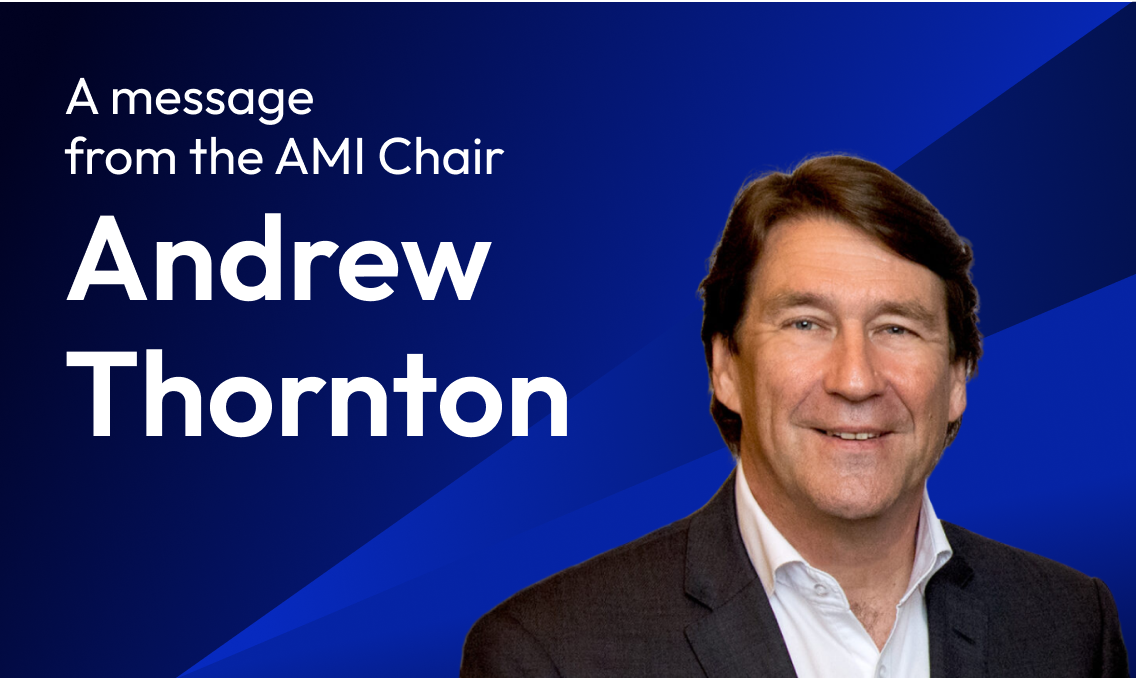Do you need a career coach?

I have previously written about the importance of having a ‘career plan’.
To recap, a career plan gives you a roadmap to your future. It outlines how you will get from where you are today to your ultimate career goal. With an end goal in mind, you can determine actions to get you get there. These actions might include exploring different industries and organisations to see if they are a better fit, attending networking events to build new connections and reviewing job descriptions to determine what you need to do to qualify for a promotion or new position (most likely, undertaking professional development to address any skills gaps).
In my professional life, as well as through my role at the AMI, I have the opportunity to speak to many marketing professionals, at various stages of their career and across varying industries. Whilst many say they have a career plan in place, just as many (if not more) confess that – whilst they know they need a plan – they need help in pulling it all together. And many of those that say they have a plan in place, confess it’s just not working for them.
This is where a career coach may help.
Career coaches help you come to your own clear decisions about how to maximise your professional potential. In other words, they’re there to help you figure out what you want to do and understand the assumptions you’re making about yourself that are preventing you from advancing your professional goals (note: self-assessment isn’t always correct).
A coach provides space and structure for the reflection that is necessary for learning and growth. They help you understand what your values are and where your actions diverge from your values or stated goals. A good coach can help you reconnect with what you love about your work (and your life).
Importantly, a good career coach provides objective and unbiased feedback, allowing them to give more effective career advice. They help you break down your aspirations into achievable milestones, creating a roadmap to success.
Engaging with a career coach requires an investment of time and money, so it’s important to do your due diligence to determine if working with one will help you accomplish your goals and if so, which coach might be the right fit for you.
A final word (or two): whether you develop your career plan on your own or with the guidance of a coach, remember this is not a one-off exercise. Your career plan needs to evolve as your career evolves. But most importantly, you must own it. No one else is going to drive your career.





